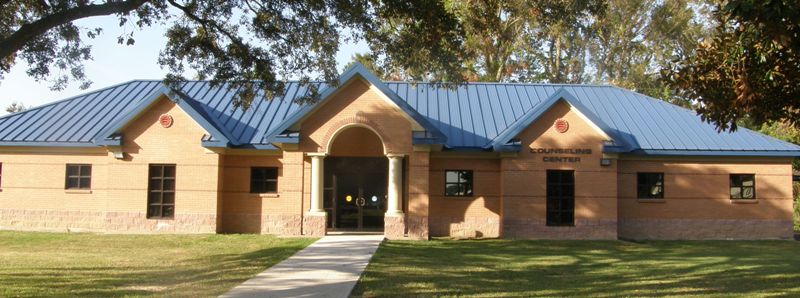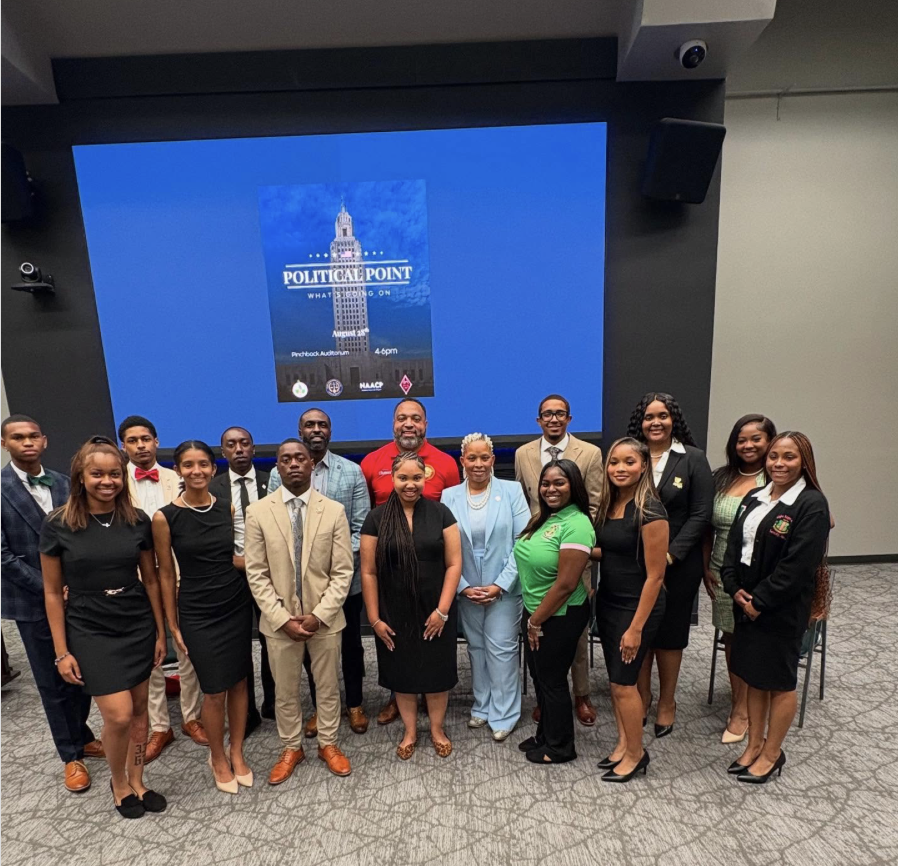According to the American Association of Colleges of Osteopathic Medicine, osteopathic physicians consistently to take aspects of a patient’s life into account when outlining a treatment program or health goal. This approach to medicine is different that of from regular medical physicians, or MDs. Osteopathic physicians, also called D.O.s, are known for basing their treatment methods on the specific needs of their patients.
Osteopathic medicine, an alternative to the traditional medical practice, uses hands-on manipulation to promote blood flow through tissues and enhance the body’s healing process naturally.
Dr. Andrew Taylor Still initiated the osteopathic approach to medicine in the late 19th century; after he watched his children die of spinal meningitis in spite of taking the best medications of his day.
He separated his medical philosophy from existing practices, and forbade his patients from taking useless medications. Although present-day osteopathic physicians are licensed to prescribe drugs, many prefer to use manipulations, except in cases when medications are necessary, such as surgery.
A number of prescription medications are beneficial tools that can help to provide relief from some acute illnesses, and as a fully licensed physician I occasionally prescribe them for these purposes,” said Dr. Joseph Mercola. Mercola operates a practice in Chicao renowned osteopathic physician whose website is centered around holistic health. “I believe, however, that most medications provide only temporary relief at best, and as an osteopathic physician, I seek to treat the whole person, not just the symptoms.” Mercola received his medical training from the Chicago College of Osteopathic Medicine.
The philosophy of osteopathic medicine continues to gain popularity in today’s booming health craze era.
“The osteopathic approach is significantly important to me mainly because it puts the needs of the patients in the forefront,” says Bobby Burchess, a chemistry pre-med senior. Bobby has currently been accepted to both allopathic and osteopathic schools of medicine, including University of Healthcare Science, Des Moines University, and Chicago College of Osteopathic Medicine, and Michigan State University. “Taking an individual’s entire health into account and caring for a patient on an individual basis will be a very important aspect of my medical career.”
Categories:
An alternative to traditional medicine
November 17, 2003
0
More to Discover





